Novel inexpensive cobalt-nickel electrode for efficient water and urea electrolysis; yolk-shell nanoparticles
Green Car Congress
SEPTEMBER 11, 2021
Both half reactions of water electrolysis—hydrogen and oxygen evolution—are unfortunately slow and require a lot of power. The material can be used as either an anode or a cathode, and demonstrates high activity and stability in the production of hydrogen and oxygen in the electrolysis of water. Zhang, S.L., and Lou, X.W.

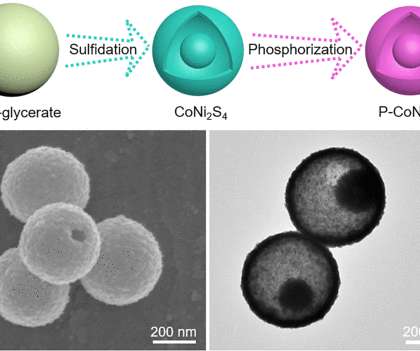

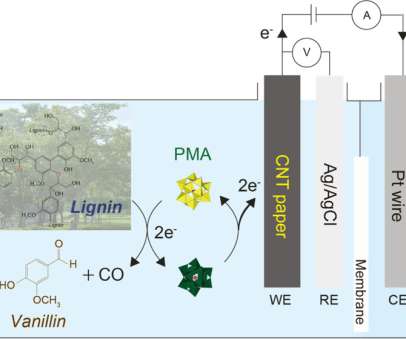

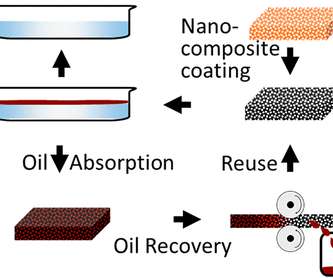















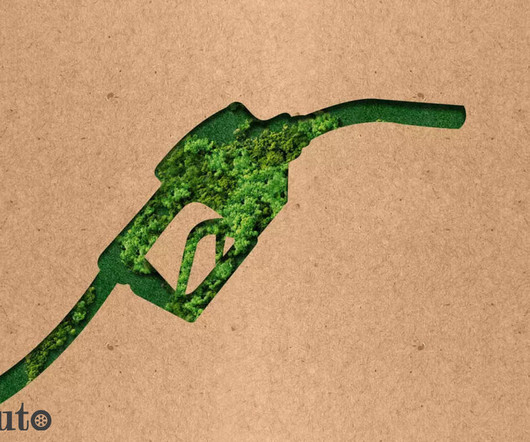










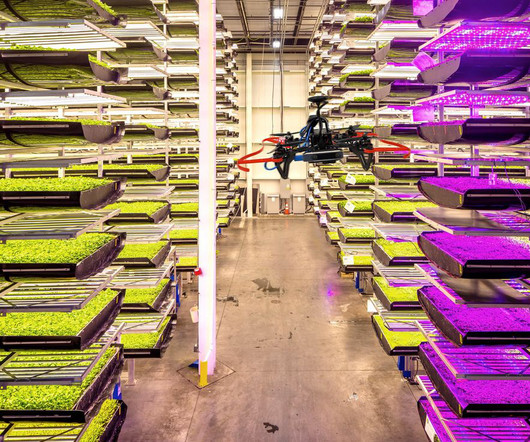


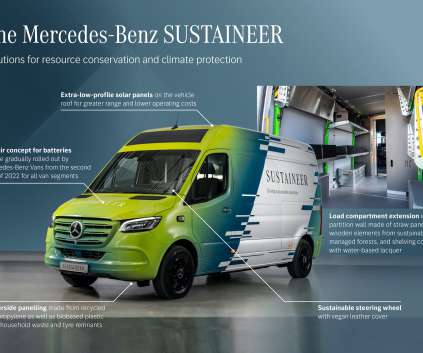







Let's personalize your content